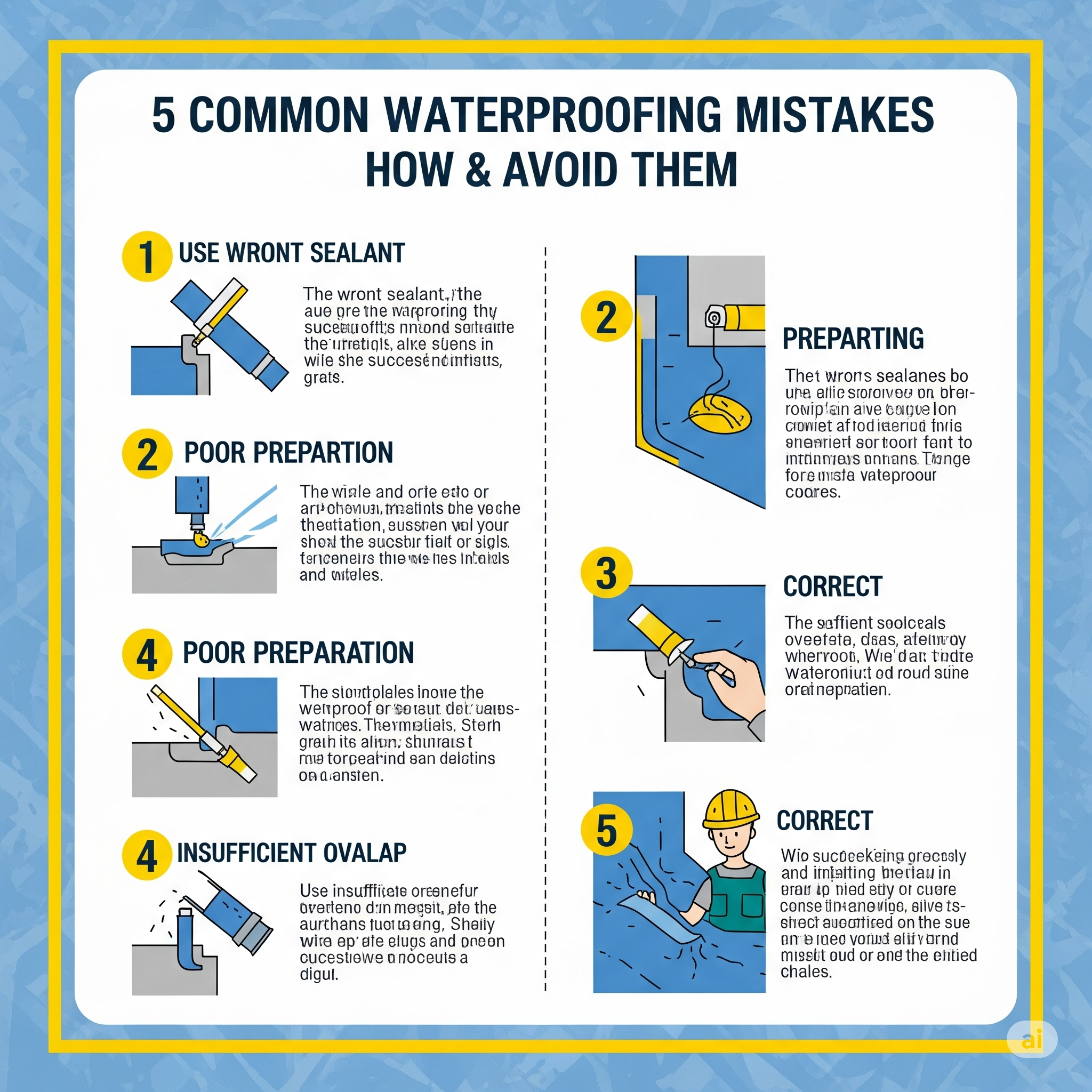In today's fast-paced manufacturing and production
environments, selecting the right adhesive isn’t just a detail—it’s a critical
decision that can affect product quality, durability, safety, and even brand
reputation. Whether you're in automotive, packaging, construction, electronics, or
healthcare, the right bonding solution ensures seamless performance and long-term
reliability.
Why the Right Adhesive Matters
Adhesives are no longer one-size-fits-all. Modern
engineering and material science have evolved to produce specialized bonding agents
tailored for various substrates, environmental conditions, and application methods.
The wrong adhesive can lead to:
- Product failure or breakdown
- Increased production downtime
- Higher warranty costs
- Compliance and safety issues
Choosing the right adhesive means better efficiency, stronger products, and reduced
long-term costs.
Key Factors to Consider
1. Material Compatibility
Different adhesives work best on specific materials—metal, plastic, wood, glass,
composites, or fabric. For instance:
- Epoxy adhesives are ideal for metals and structural bonding.
- Cyanoacrylates (super glues) work well on plastics and rubbers.
- Polyurethane adhesives offer flexibility and are great for wood and construction
materials.
2. Application Environment
Will the bonded product face moisture, heat, UV exposure, or chemicals? High-performance
adhesives like silicone or acrylics are resistant to harsh environmental conditions and
are often used in automotive, aerospace, and outdoor construction.
3. Strength and Flexibility Requirements
Do you need a rigid bond for structural integrity or a flexible one to withstand
movement or vibration? Epoxies provide high shear strength, while silicone and
rubber-based adhesives offer flexibility.
4. Curing Time and Application Method
In high-speed production lines, fast curing may be a necessity. UV-cured adhesives and
hot melts are used for rapid bonding. Also consider whether you'll apply the adhesive
manually or via automated dispensing.
5. Regulatory and Safety Standards
In industries like food packaging, medical devices, or electronics, adhesives must meet
specific certifications (e.g., FDA-approved, RoHS-compliant, or biocompatible).
Industry-Specific Adhesive Recommendations
Automotive
Use structural adhesives (epoxies, urethanes) for chassis and interior assemblies.
Heat resistance and vibration tolerance are key.
Packaging
Hot melt and water-based adhesives work well for carton sealing, labels, and
flexible packaging.
Electronics
Epoxies and silicone adhesives protect circuits from moisture and heat while
ensuring conductivity where needed.
Construction
Polyurethane and hybrid sealants offer excellent adhesion, elasticity, and weather
resistance for flooring, panels, and roofing.
Medical
Biocompatible adhesives like UV-cured acrylates are used for assembling medical
devices with precise bonding needs.
Conclusion
Selecting the right adhesive is a strategic decision
that should align with your product's materials, use case, and performance
expectations. Consulting with an adhesive expert or supplier early in the design
phase can help you avoid costly issues down the line and unlock better product
innovation.
Need help selecting the right adhesive for your business? Reach out to our material
specialists today for personalized guidance.





Leave a Comment